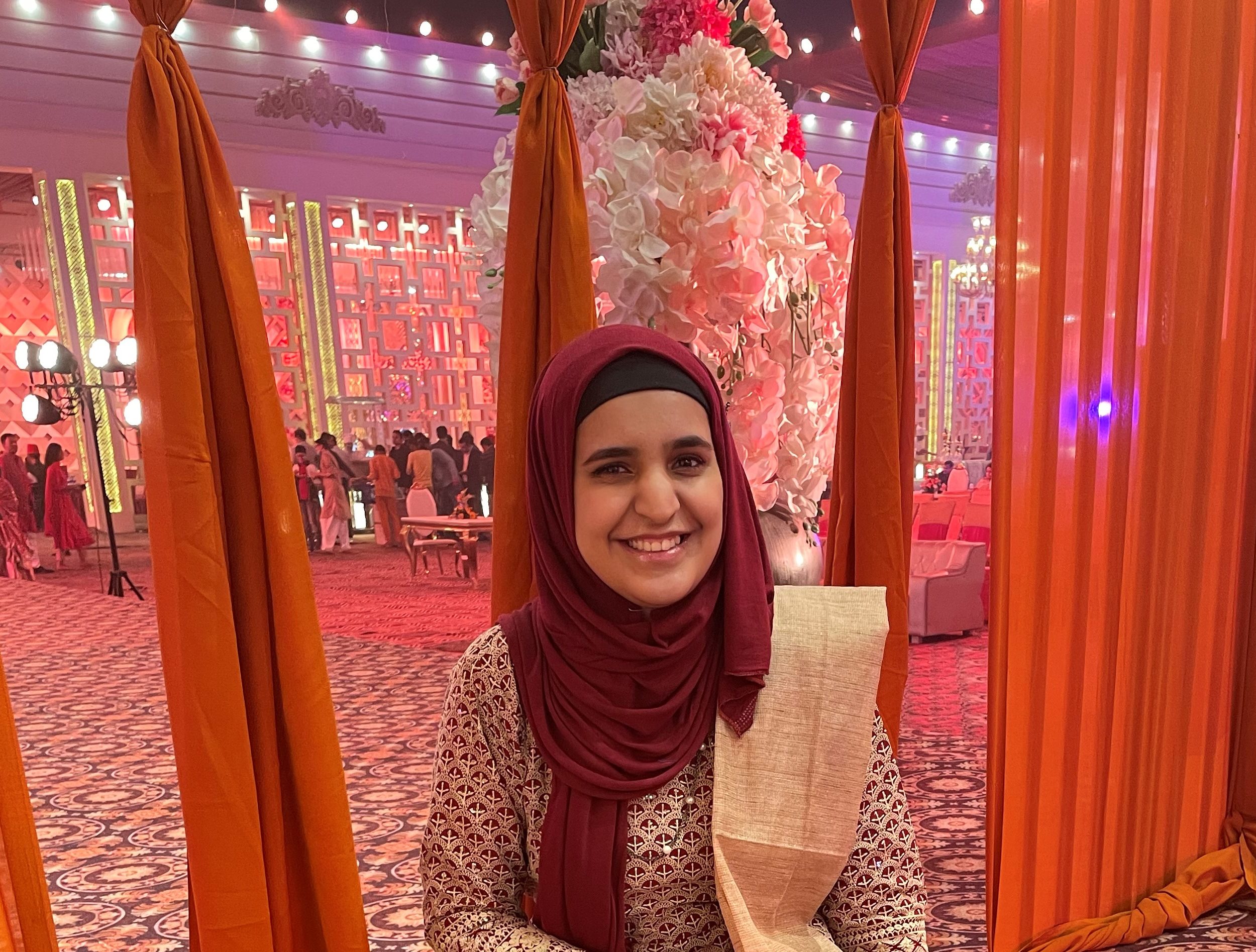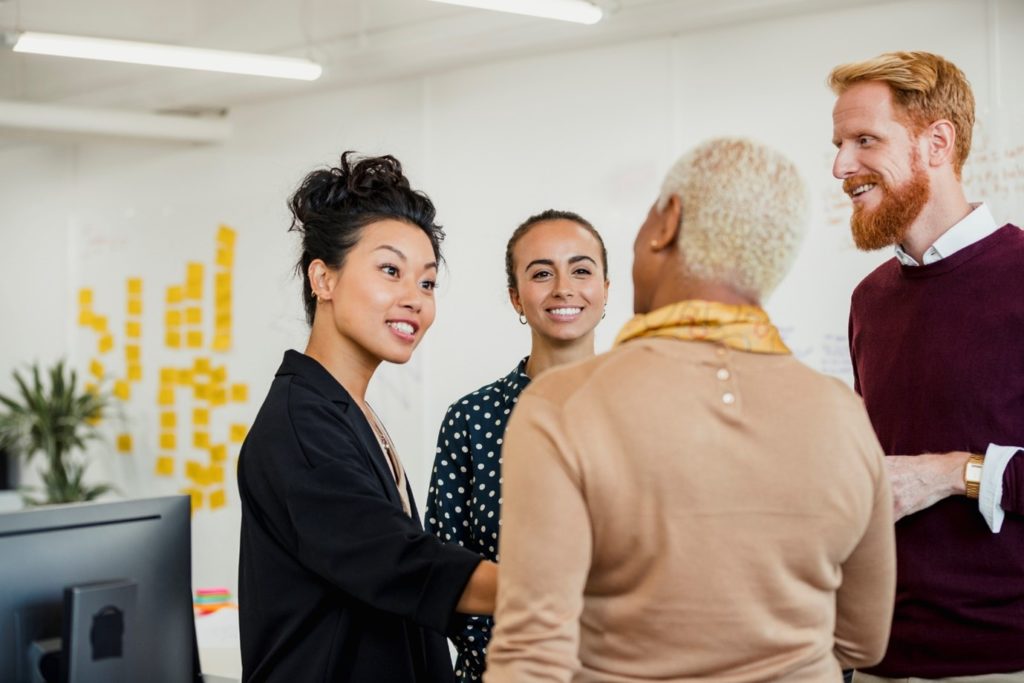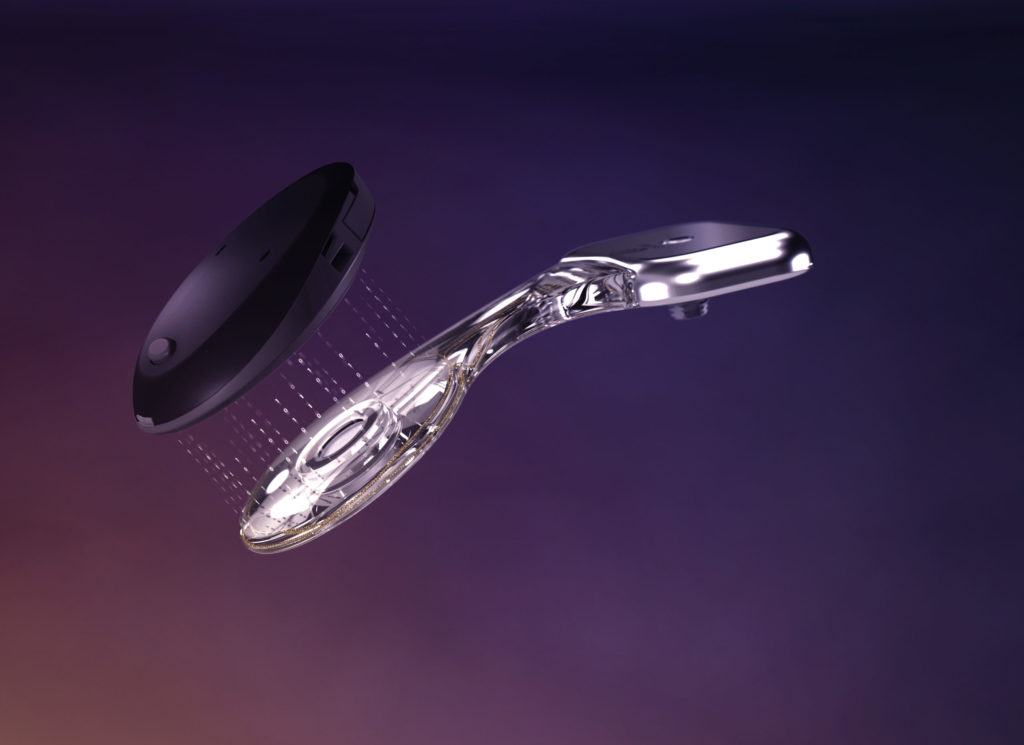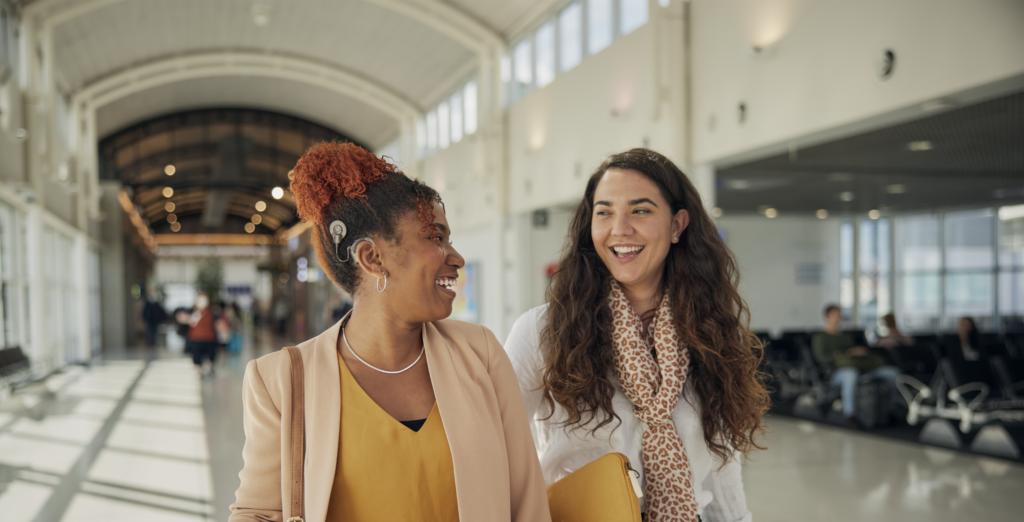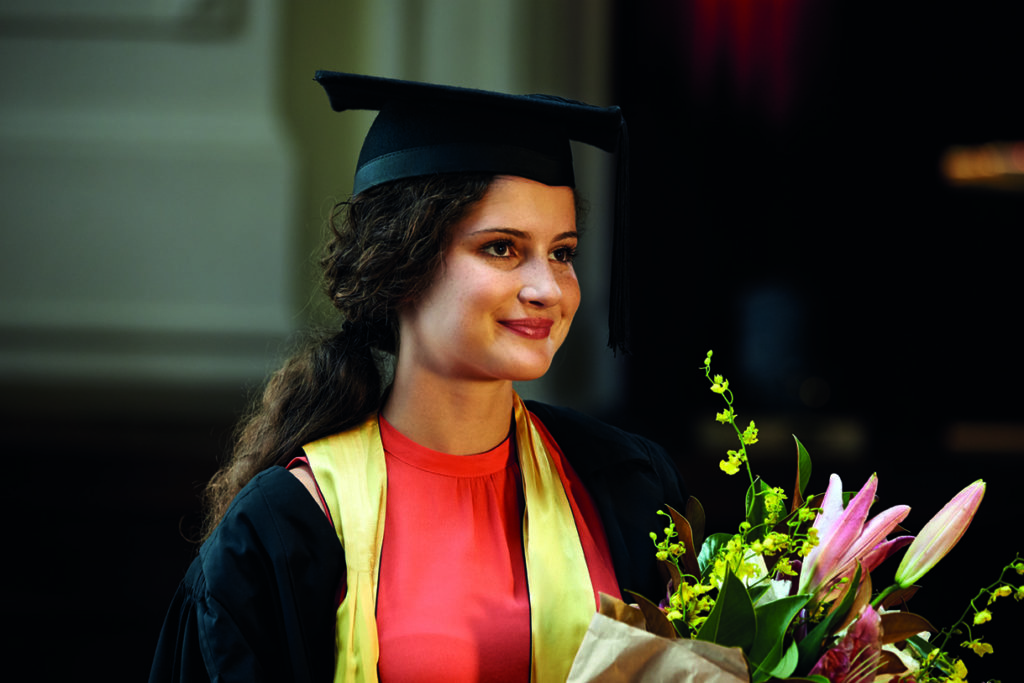When 24-year-old Mahrukh was young, she wanted to become a doctor but felt it wasn’t possible because of her hearing loss. Without role models, she didn’t know it was an achievable goal.
It was through the encouragement of her family and teachers that she realised she could study medicine.
“I felt like I could finally be the change I wished to see in the world and leave a legacy of kindness behind — especially kindness towards the people who society most often overlooks,” said Mahrukh.
After receiving her cochlear implants at age seven and ten, and growing up in Dubai, Mahrukh completed her undergraduate studies in Dubai to a high academic standard.
She decided to study medicine in India, which gave her another hurdle to overcome: she didn’t speak Hindi.
“I only spoke English after the doctor told my parents to bring me up on one language because two or more would interfere with my development,” she explained.
“Subsequent research has proven this to be a myth and many young cochlear implantees have been multilingual since childhood — but I was not taught to speak my mother tongue, Hindi.”
Mahrukh is sharing her story as part of the Cochlear Foundation and Malala Fund Achieve anything program. Through the program, children and young people with hearing loss can highlight their experiences and the importance of early access to hearing healthcare and support.
Mahrukh wants to inspire others to pursue a career in medicine – or anything else they want – without seeing their hearing loss as a barrier.
“The first time I realised that I could become a doctor occurred when my mother returned from a parent-teacher meeting with my science teacher. She shared that my science teacher had suggested I consider a career in the field as my critical thinking skills combined well with my sensitive personality. ‘Do you want to become a doctor?’ she asked me. It was then that medicine started to seem like a conceivable career path to someone with hearing loss like me.”
Mahrukh chose to study in India, despite not speaking Hindi.
“I decided to travel back to my motherland to study medicine. Despite the detachment I experienced from not speaking Hindi, I strongly believe that everyone has a duty to serve their country.
“However, it was a culture shock moving to India; and learning to speak the language while balancing a gruelling academic schedule was difficult. Listening fatigue left me extremely exhausted at the end of the day, having spent the entire time trying to decode conversations.”
When the pandemic hit and masking became commonplace, Mahrukh explained, “it felt like I had to contend with yet another obstacle on my path to becoming a doctor. For someone like me who has relied on facial cues and lip reading — especially while learning Hindi — communication during the COVID-19 crisis was a challenge.”
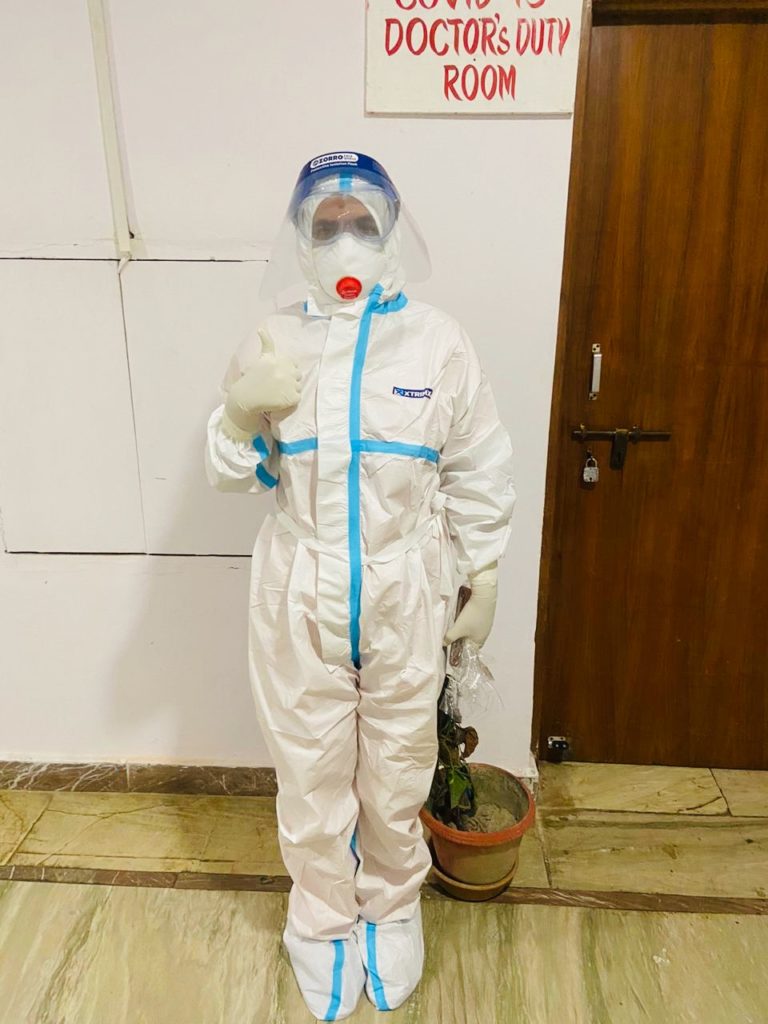
Poetry helped Mahrukh cope with her heightened emotions during this time.
“I shared my poems on social media to raise awareness about the issues that deaf and hard-of-hearing individuals experience. I came across HearBuds, a group of fellow cochlear implantees and hearing aid users who wear their hearing loss identity proudly like a badge of honour. Instead of helping me conform, they encouraged me to remain unique and advocate for myself and others.”
Mahrukh’s future plans are ambitious. This year she will begin her Doctor of Medicine and Master of Science (MD/MS) in Obstetrics and Gynaecology at Lady Hardinge Medical College, one of the top medical colleges in India.
At the same time, “I also plan to set up a community to support doctors in India with disabilities and advocate for our rights. Doctors with disabilities bring a unique understanding of and perspective on their patients’ needs and priorities.
“By demanding access and accommodation in medical colleges, we not only represent ourselves and our hearing loss identity, but we can also encourage patients to advocate for themselves.”
Mahrukh wants to change the way people with hearing loss are perceived, and for them to know they can achieve anything.
“So many children believe that there are barriers to what they can do because of their hearing loss. I want to tell you, all the children out there, that your hearing loss cannot stop you from doing anything you want to do.
“Be creative and do not restrict your imagination. Hopefully, some children who want to be physicians can look at me and see that there’s someone just like them, who has also achieved their dream. Hopefully, I can pave the way for more children to pursue careers in medicine.
“In the future, I aim to cause a paradigm shift in how deaf and hard of hearing individuals are perceived to be limited and their capabilities by the academic world, particularly the medical world in India.”
Stories like Mahrukh’s have the power to change the world. Malala Fund and Cochlear Foundation are inviting children and young people with hearing loss to share their stories of personal achievement as part of the Achieve anything program.
The program highlights real world experiences of children and young people with hearing loss to demonstrate the importance of early access to hearing healthcare and support. Learn more and share your story.
